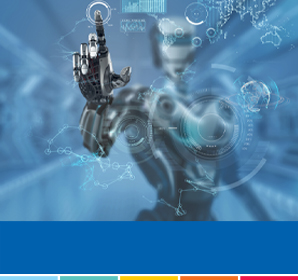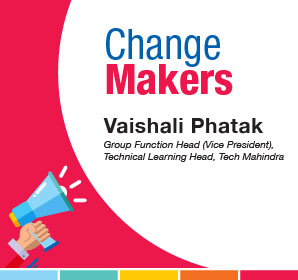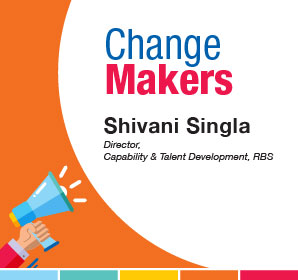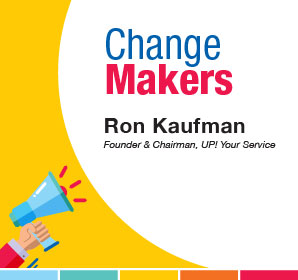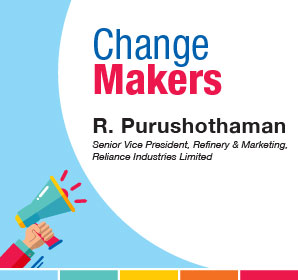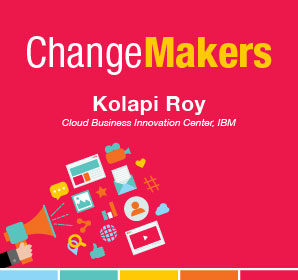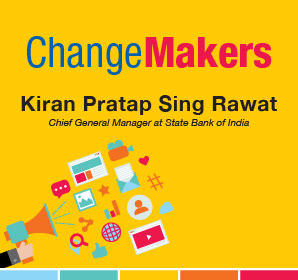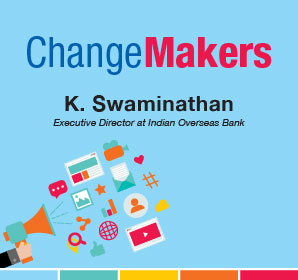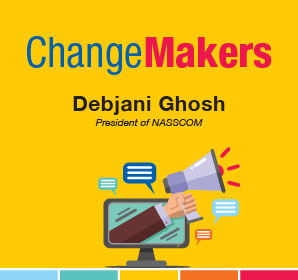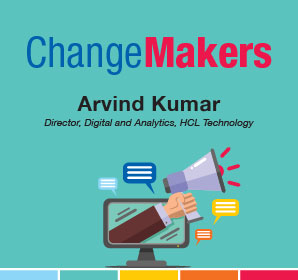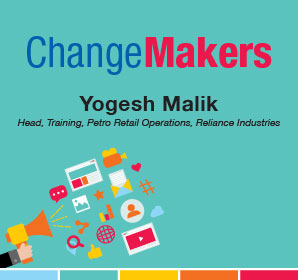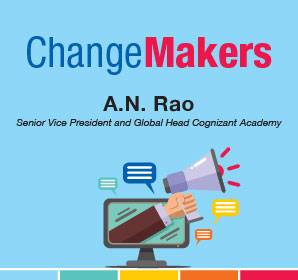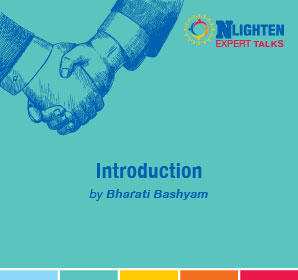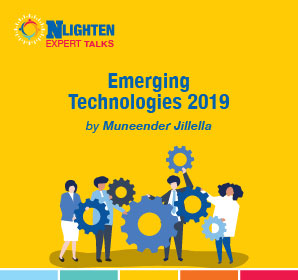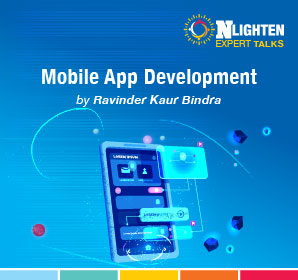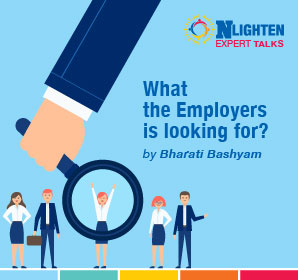This article is about Cloud Computing
Applications of Cloud You Ought to Know
By NIIT Editorial
Published on 11/10/2020
6 minutes
Cloud computing refers to virtualizing the infrastructure for data analytics, processing, storage, and networking onto servers and then leasing out such computational capabilities on rent. This mode of business is vastly favorable to digital businesses as it brings down their input cost high-end technological infrastructure. Having understood cloud computing let’s explore the service areas of cloud computing.
Applications of Cloud Computing
Cloud computing applications are fast spreading to newer districts. From social media management to entertainment and education, enterprises in all domains have a positive outlook towards recruiting certified cloud computing professionals. This sentiment has resulted in job seekers evaluating and weighing various the best cloud courses online against each other. That said, here are the top applications of cloud computing in major industries.
Art Design
Design platforms have migrated to the cloud long back and are, as a result, able to offer feasible solutions to customers. Adobe creative cloud, Vistaprint, and Moo are some examples that provide cloud-based end-to-end designing tools for customers. The same can be used for conceptualizing and editing the design, and printing marketable content.
Remote Data Storage
This is arguably the most competed category of cloud computing. Aided by digitalization, there is a growing need for businesses to store their data on the cloud. Google Suite, and Amazin Web Services, would be a couple of examples. Using the public, private or hybrid models of cloud computing, a company can store critical data on the cloud and scale operations on the go.
Infrastructure-as-a-Service (IaaS) & Platform-as-a-Service (PaaS)
IaaS offers basic computational functionalities such as networking and storage on-demand to consumers. The latter can pay on an on-the-go basis. Instead of investing a high upfront cost in expensive IT infrastructure, organizations get an integrated system of IT utilities to leverage.
While the users get all the infrastructure they need in the above model, PaaS offers a complete array of hardware, software as well as infrastructure. This outsourcing of resources helps in mitigating the basic cost of on-premises application development. This is done majorly to expedite the speed of development. The best cloud courses online are also training incumbents in the nitty-gritty of this mode of cloud.
Hybrid Cloud & Multicloud
It is not necessary that an organization would go for 100% off-premise cloud deployment. Using the hybrid model companies can easily rent the best of on-premises cloud, public cloud as well as private cloud services. The selection can be regulated as per the design of the app and changed as per the demand in the future. Studies suggest using a hybrid model optimizes investment in a more suitable manner than standalone public or private cloud solutions.
A Multicloud model allows companies to subscribe to multiple cloud vendors at the same time regardless of the subscription model i.e. IaaS, PaaS, or SaaS. given the advantages of this model, subscribers can enter user agreements without the vendor lock-in clause.
Test and Development
Organizations choose an on-premises IT environment majorly for the testing and development of applications. The initial steps involve procuring a budget, establishing an environment with physical assets, workforce allocation, and bandwidth management. Installation and configuration follow next. As you can see, with all the bureaucratic provisions involved, there is a huge time consumption to achieve milestones. However, with cloud computing, online platforms facilitate virtualized resources and task automation. For this reason, certified professionals in DevOps courses who have the ability to test and deploy apps on virtual environments are in high demand.
Big Data Analytics
Another way in which cloud computing is used is to draw insights out of structured and unstructured data on the platform. Cloud vendors are proactively offering integrated solutions to help businesses make sense of the data stored in cloud servers. For instance, with the help of cloud computing, major retailers are studying their customers at a deeper level in relation to their purchasing habits. Similarly, social media platforms like Facebook and Instagram are cashing in on their data reserves to share customer insights and help advertisers target customers appropriately. Professionals who have undergone the best DevOps courses online are often known to be adept in big data analytics as well.
Digital Function Consolidation
We live in a globalized world where multinational outposts are common for businesses. Such a level of operation requires the branches to be synced with each other. Cloud computing services make it possible for distant locations to collaborate and work in a synergized fashion. A state-of-the-art certification in DevOps helps learners gain value-adding capabilities that make them efficient cloud moderators. They can use their newfound knowledge for syncing and running multiple clouds together.
Backup
Cloud is not just used to store the incoming stream of real-time data but also used as a backup option for data recovery in case of disaster management. In fact, the majority of data recovery options are themselves based on the cloud. A major advantage of this is that it eliminates the need for manual backup.
Study Cloud Computing at NIIT
NIIT’s Post Graduate Program in Cloud Computing and SysOps is one of the best cloud computing courses for beginners. This placement assured (Terms&Conditions Apply) program offers a minimum CTC of Rs.4 LPA and turns incumbents into proficient Cloud IT Administrators. Certified students are also eligible to become System Administrators. Apply now and make a career for yourself in this emerging, rewarding field.
PGP in Cloud Computing and SysOps
Become an industry-ready StackRoute Certified Cloud IT Administrator and get skilled to acquire all the critical competencies required to take on the role of a Cloud IT Administrator including building strong foundations as Systems administrator. This is a Job-Assured Program with a minimum CTC of ₹ 4LPA*
Job Assurance*
12 Weeks Program

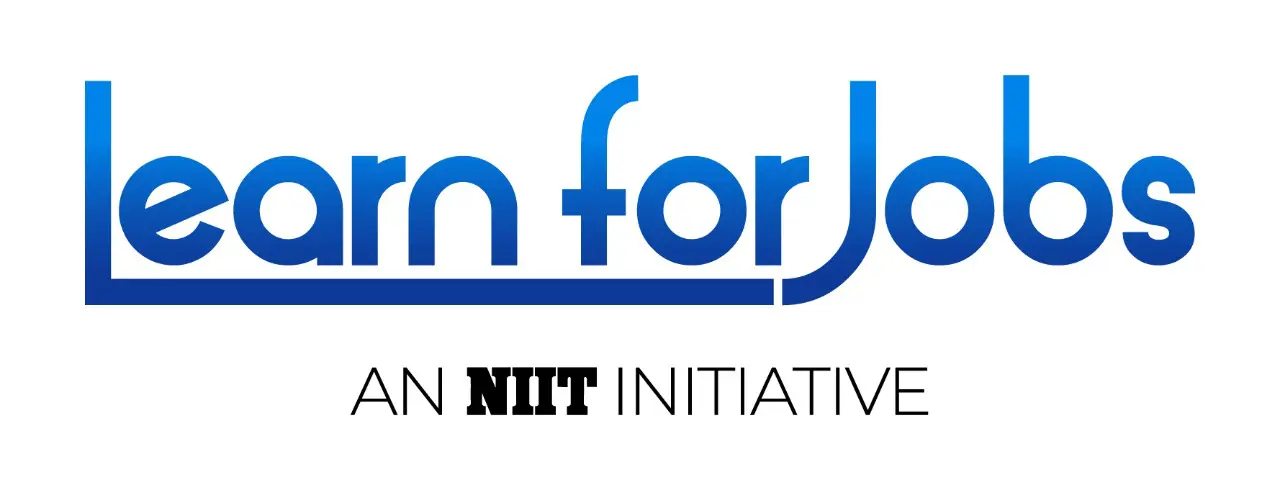
 Sign In
Sign In















































































































































































































































































































































